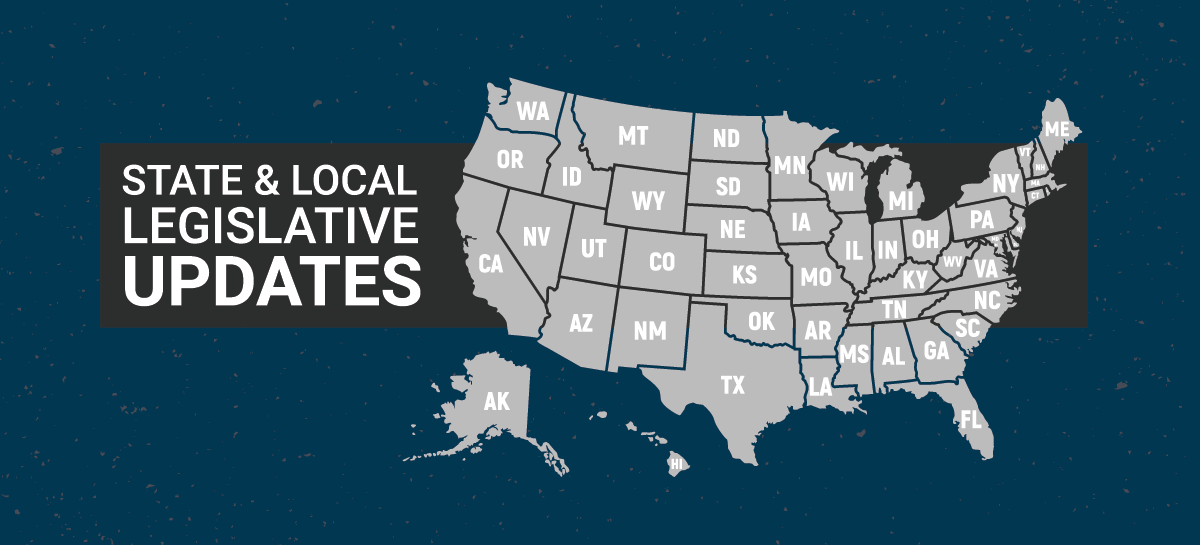
Employers will likely continue to struggle to attract and retain talented employees this year. An EY report found that 38% of employees are likely to leave their jobs in 2025. This article explores four attraction and retention trends for employers to watch in 2025.
1. The Push for Return to Work – More employers worldwide are becoming “office advocates,” scaling back flexible work policies and mandating five-day in-office work weeks. However, many workers still value remote jobs and flexible work options, requiring employers to balance employee preferences with business needs. Report: Employers, Employees Find Mixed Results in Return-to-Work Programs
Continue reading





